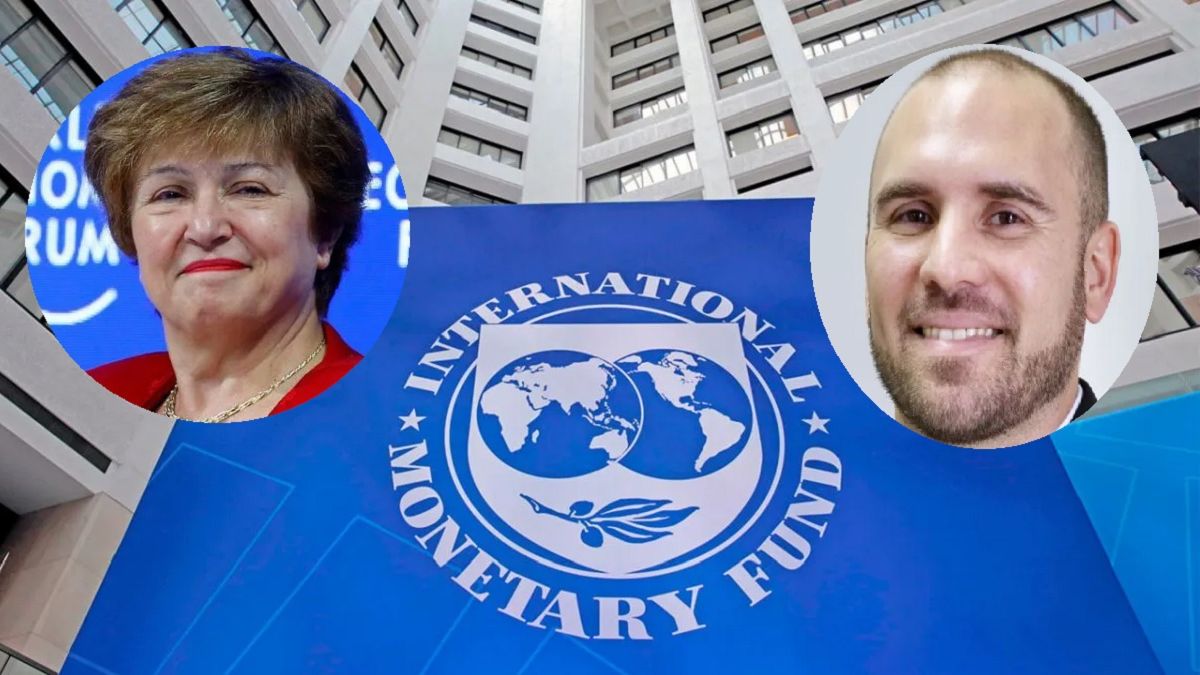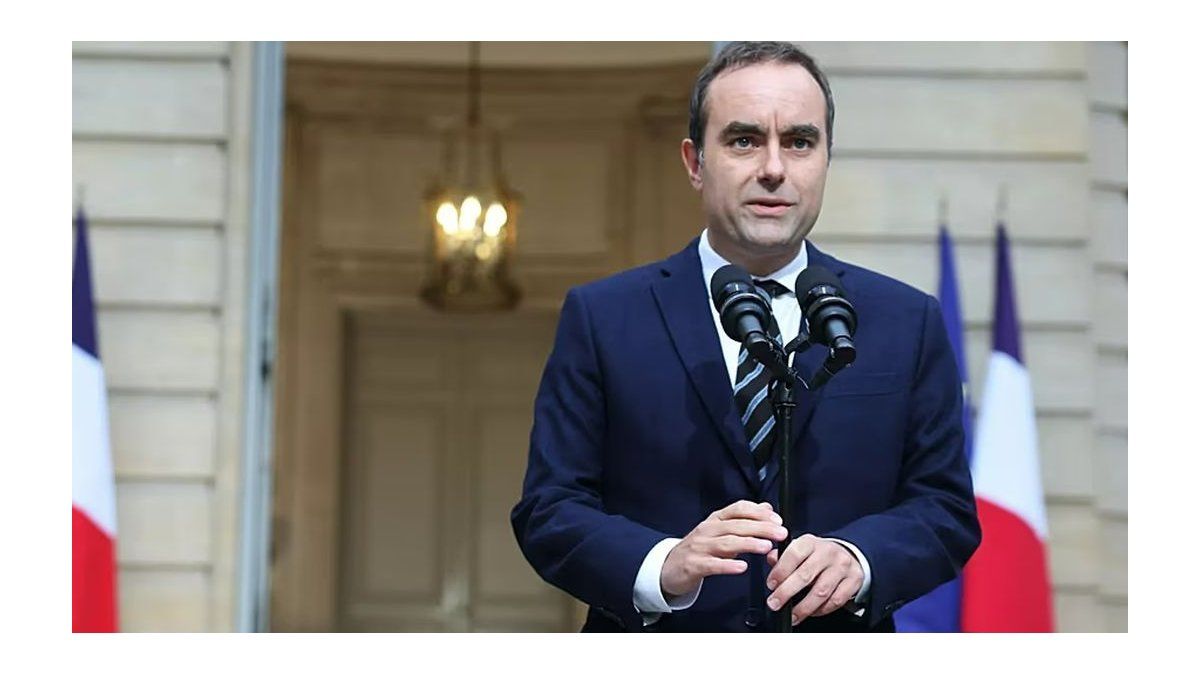The projection that was made this weekend from the Palacio de Hacienda is that beyond specific discussions about objectives on obvious issues such as inflation (in theory the only area where it is already known that the country will not keep promises), the rest of the analysis will focus on what is projected for the remainder of the year, and the explanation from the local offices on what would be the mechanisms and policies to meet the monetary, fiscal and exchange goals, and the technical clarifications on the progress of the two great structural reforms committed by Guzmán for this year: to the application of the rise in tax pressure on the real estate tax throughout the country and the rise in public service rates. Since these are commitments that should not be executed in the first quarter, it would not be appropriate (they think of Buenos Aires) for the IMF to have arguments to question what is transmitted from the local offices; with which any suspicion about the political obstacles that the government of Alberto Fernández has to apply the reforms should become part of future objections in future missions. But not the one that starts this week.
Guzmán and his people hope that what is being experienced virtually from today between Buenos Aires and Washington will be a continuation of what was personally discussed by the minister at the agency’s headquarters, during his participation in the Annual Joint Spring Assembly of the IMF and the World Bank last April. In that event the official (along with Pesce and Chodos), had meetings with the managing director Kristalina Georgieva, the number two Gita Gopinath and Goldfjan.
In very private conversations, they talked about the march of the Extended Facilities and the local efforts to fulfill what was promised. And also, obviously, the local political issues that plague him. Guzmán, Pesce and Chodos are confident that they have found understanding in Washington, and that beyond general oversight questions (and rightly so), the final result will be approval. Waiting to actually control the numbers and percentages of the first full semester, something that will happen around July or August when the second mission committed on March 25 is completed, when the agency’s board approved the agreement.
It is known that there will be goals and objectives questioned from Washington. However, Buenos Aires is confident that this will not imply the collapse of the agreement, that Washington will accept non-compliance. As long as the two main commitments are not altered. The fiscal deficit of 2.5% ceiling and reserves increasing US $ 5,800 million this year (with a real update of the exchange rate and a reduction in the gap between legal and illegal dollars), non-negotiable for the IMF. They assume in the Executive that for that first mission in these two goals it will be relatively easy to demonstrate that it is on the right track, with which there is already optimism that, for the second semester and despite the rise in prices, the agreement could stay alive.
Source: Ambito
David William is a talented author who has made a name for himself in the world of writing. He is a professional author who writes on a wide range of topics, from general interest to opinion news. David is currently working as a writer at 24 hours worlds where he brings his unique perspective and in-depth research to his articles, making them both informative and engaging.




